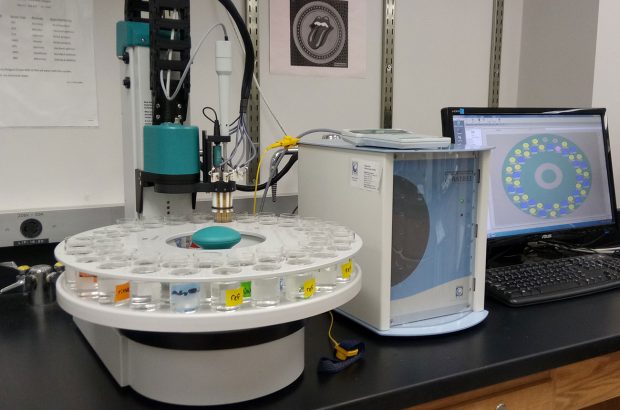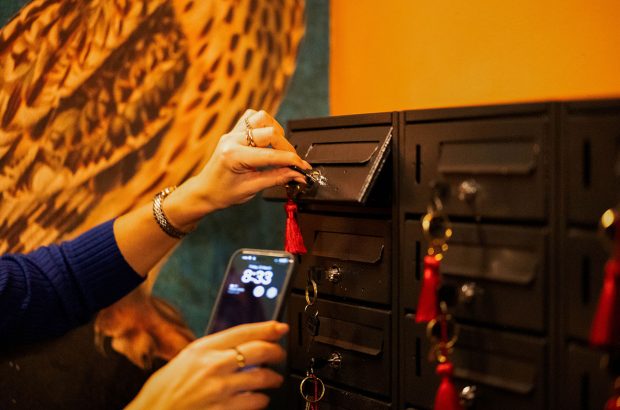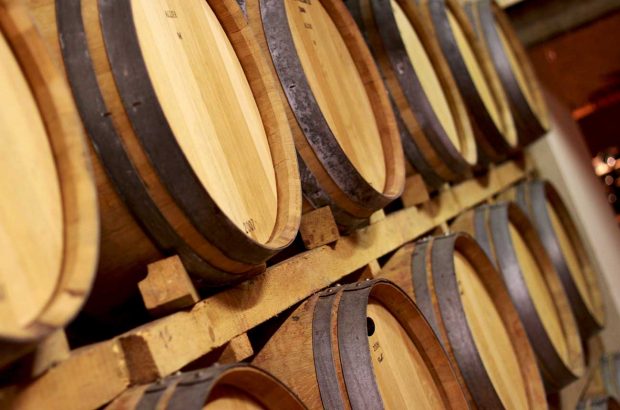This trophy winner developed a deliciously nutty rancio edge to it's palate and went on to win the Portugal Fortified Trophy over £10...
Quinta do Portal Moscatel de Douro Reserva 2000
For generations, the Mansilha Branco family have made Tawny Port. In 1994 the family branched out, launching their own Quinta do Portal label for table wines and Moscatel do Douro in addition to Port. It’s a testament to their success that they now own 84ha in the Pinhao Valley, up from just 4ha.
Quinta da Abelheira is the source of this Fortified Trophy winner. Made from Moscatel Galego (Muscat à Petit Grains), the variety is cultivated in the cooler, higher reaches of the Douro, especially Alijo and Favaios, where production of Moscatel do Douro was the preserve of co-operatives.
But in 1995, having successfully lobbied the Port and Douro Wines Institute, Portal started to make it too, albeit in a modern style which winemaker Paulo Coutinho describes as “aged like a Tawny Port (in barrel), but with the philosophy of Ruby Ports, preserving freshness and the fruit.”
Located at 550m just south of Favaios, over half of Quinta da Abelheira’s 17.61ha are dedicated to Moscatel which thrives here, producing amazingly fresh wines that deftly combine the variety’s delicate aromatic profile while remaining true to the Douro in their concentration, structure and ageworthiness.
Made in a declared vintage Port year marked by its particularly long, hot, dry summer, the 2000 Reserva is imposing.
It was fermented on skins until the addition of brandy spirit. Then, unlike Moscatel de Setúbal, Moscatel do Douro is pressed into barrel, with no subsequent maceration. Though it must be aged for at least 18 months before it’s sold, Portal go for gold, ageing the Reserva for a minimum of seven years to enhance structure and complexity.
And they’ve been justly rewarded.
Written by Sarah Ahmed





